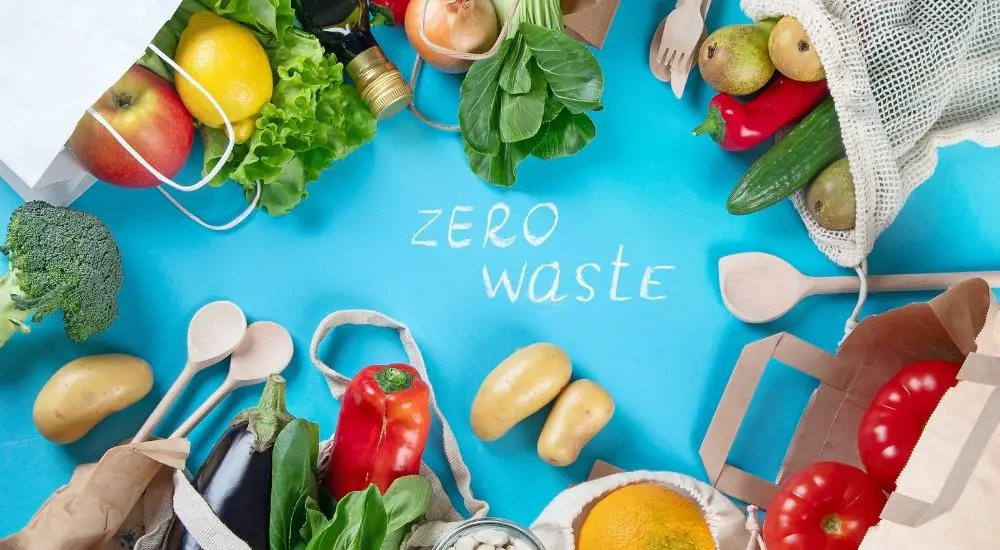
Knowingly or unknowingly, the most amount of daily waste comes from your kitchen. Especially when you don’t have a plan to run the kitchen accordingly. I mean, who thinks about that anyway, right?
But if you want to make changes in your life to get a little better, a zero-waste kitchen can be a good start. And I am going to be very honest here, going for a zero-waste kitchen was the beginning of a fresher experience for me.
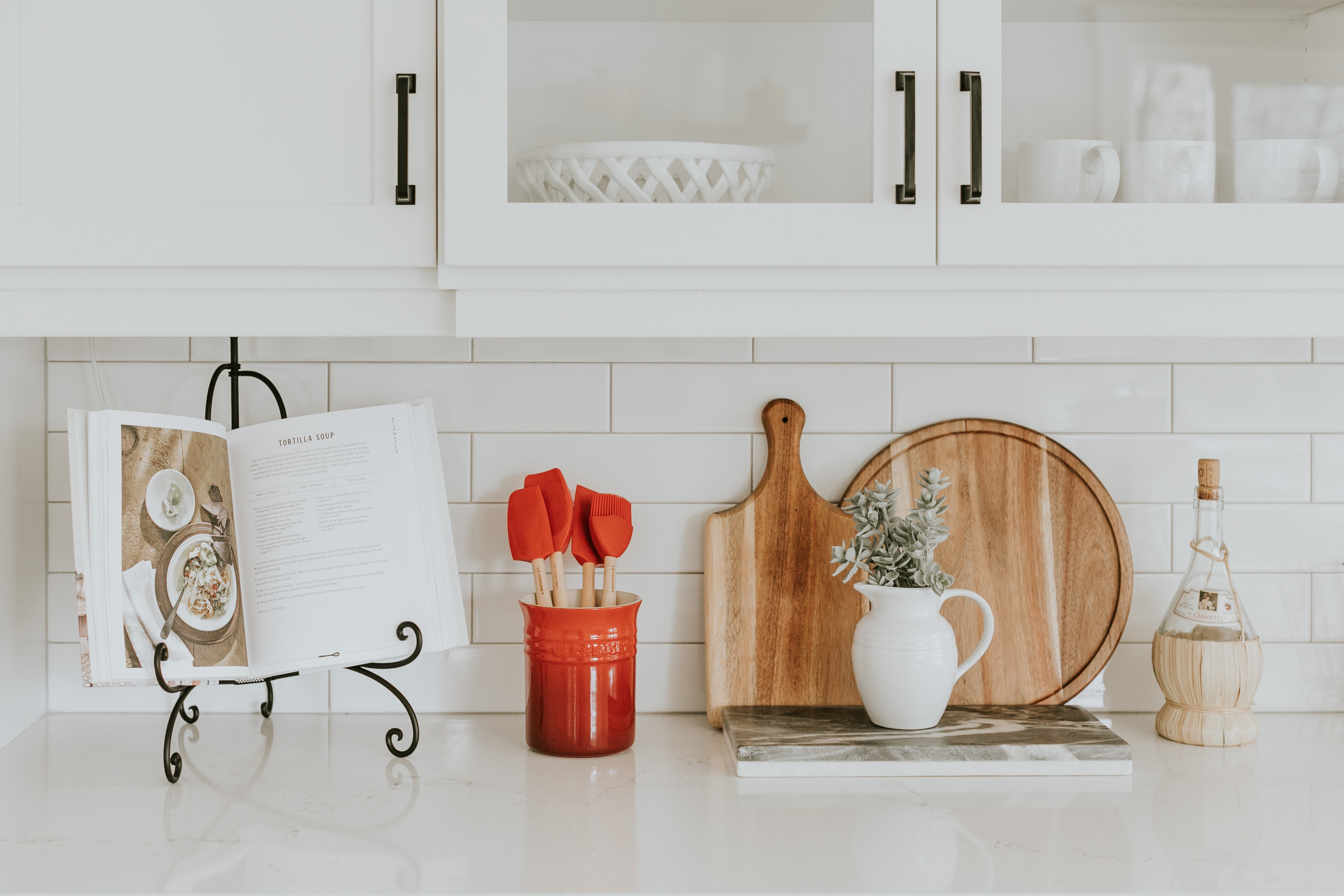
Now, if you are determined and want to know how to set up a modern zero waste kitchen, I am here to help you. I will go through all the things you should be doing to create your zero-waste kitchen and give your life a fresher start.
Enough of my blabbering; let’s get going into it right away.
Why Switching To A Zero-Waste Kitchen Is Significant?
If you are wondering why you should switch to a zero-waste kitchen, I have some convincing reasons. Let’s check them out first.
- If you want to leave a better world for the future kids, you will want to keep the environment safe. Having a zero-waste kitchen helps in conserving natural resources by minimizing pollution.
- This also helps in not wasting too much food. Food was scarce during the pandemic, which was a reminder not to waste food daily.
- Going towards this type of kitchen will also get you rid of the habit of buying useless things. This helps you in saving up some bucks that you were wasting without even realizing it.
- It creates a much healthier lifestyle for you that you may not have been paying heed to.
The overall significance of a zero-waste kitchen is to make life much more sustainable. This helps not only you but also other people around the world. Also, it’s an initiative you can take for the betterment of the future.
How To Get Your Desired Kitchen
Now, let’s get to the real deal here. How can you join the movement of zero-waste starting from your kitchen? It’s very simple. You have to reshape your habits to make sure you are not wasting any extra items. Here’s how you start –
-
Plan for meals
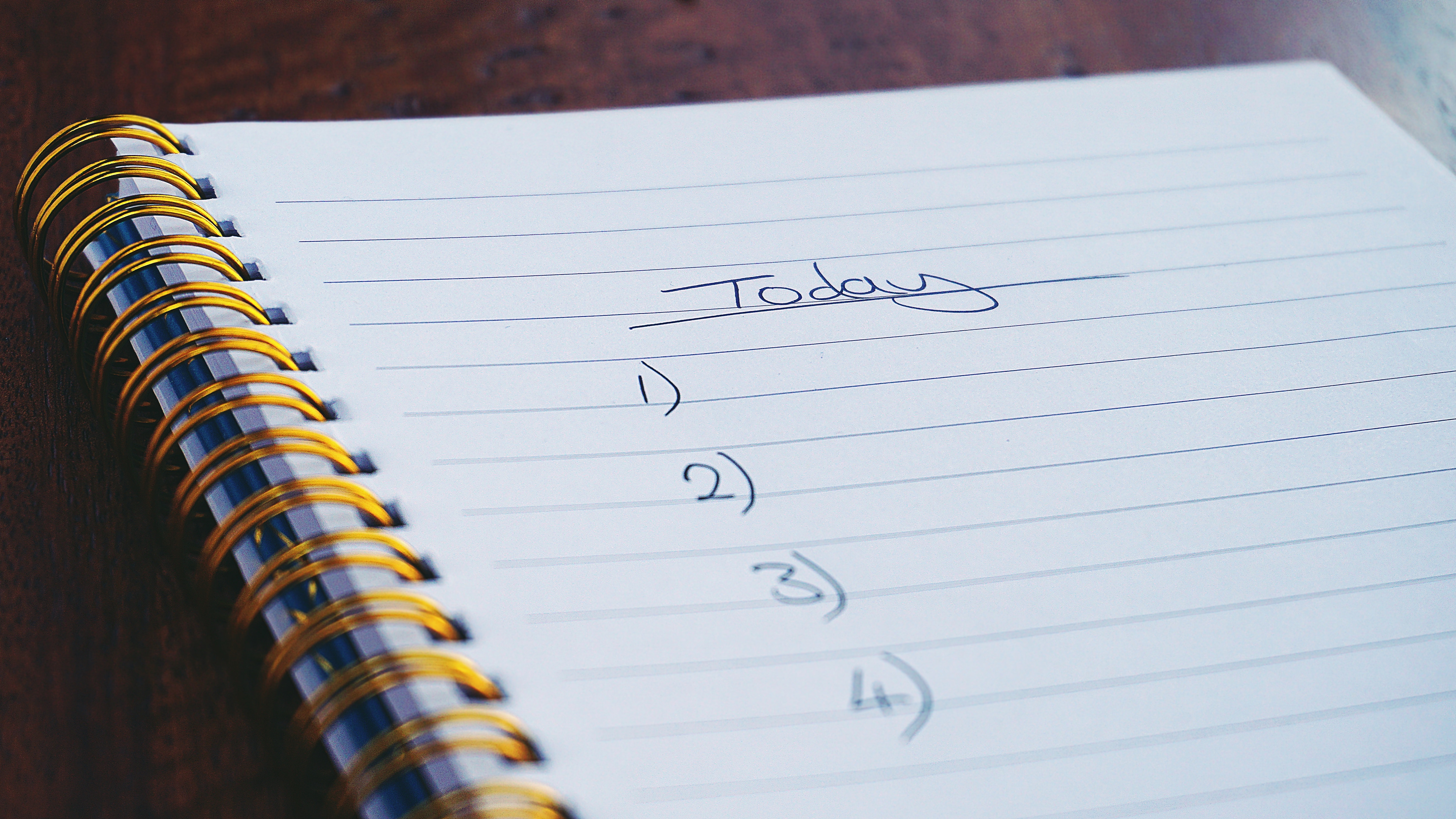
You might be wondering how this works? Well, it’s simple, planning for your meals will give you the idea of how much groceries you need.
When you have a set plan for your meals, you will have a grocery list to go along with it. Just follow that list, and you won’t be buying anything extra that can be wasted.
-
Get rid of plastic
It’s needless to say how toxic plastic can be for the environment. Remove those plastic storage containers from your shelves and replace them with glass containers.
While it’s safe for the environment, it’s also safe for you since they don’t have any toxic elements inside of them. Don’t like glass? Well, then you still have the option for metal containers, mainly made of stainless steel.
Whatever it is, make sure you are removing anything plastic from your kitchen. Because no matter how safe they claim to be, they still have chemicals leeching on them.
-
Say no to paper towels
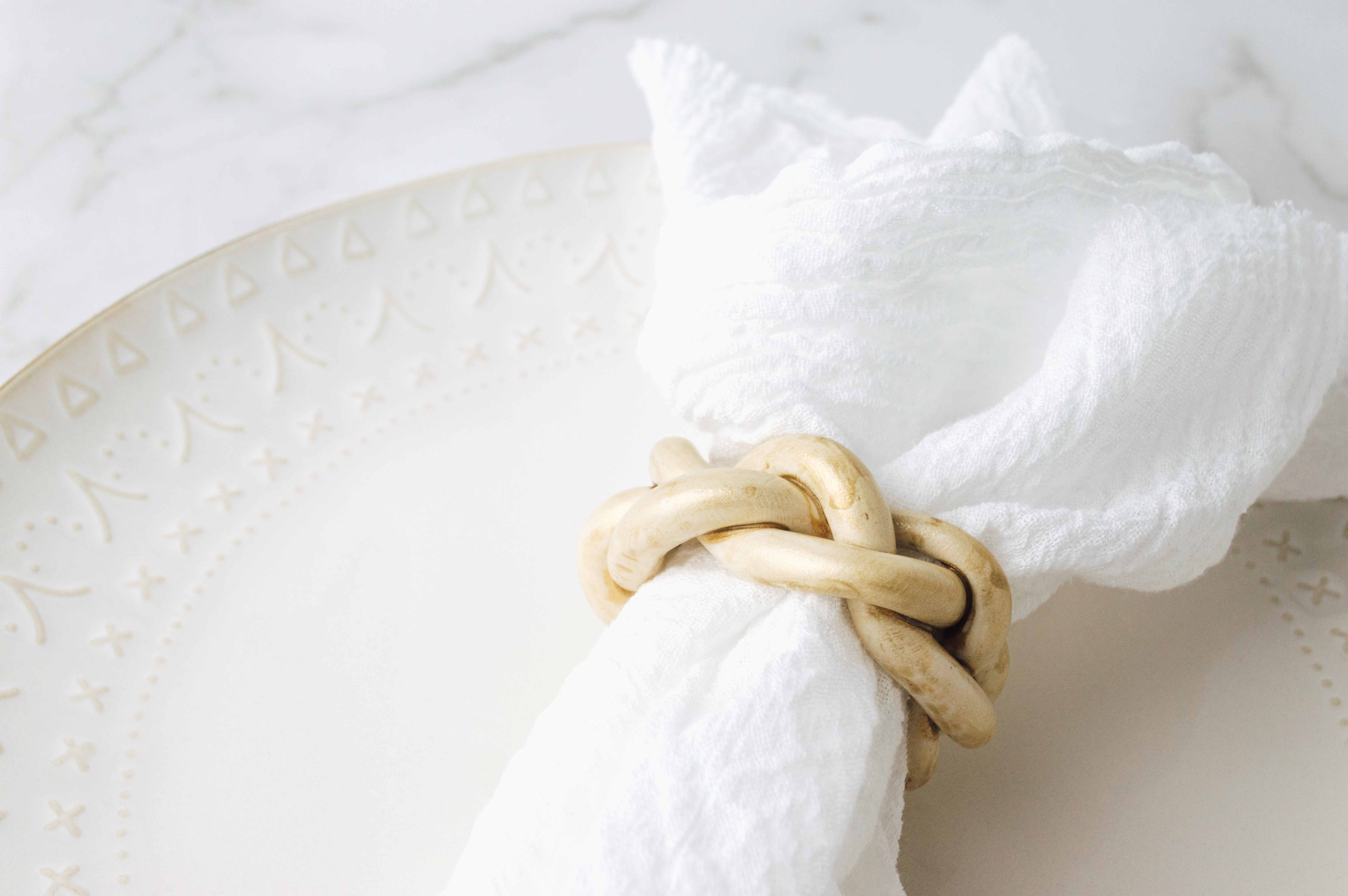
One of the most challenging changes you will have to make is ditching paper towels. When you have paper towels, you take one towel after the other without even needing them. In short, you don’t utilize a single paper towel properly, which breeds waste.
Instead of paper towels, try using reusable cloth napkins. They are much more sustainable, and you won’t be wasting them one after the other. Also, you can use these more times than you would use a paper towel.
-
Take reusable bags for shopping
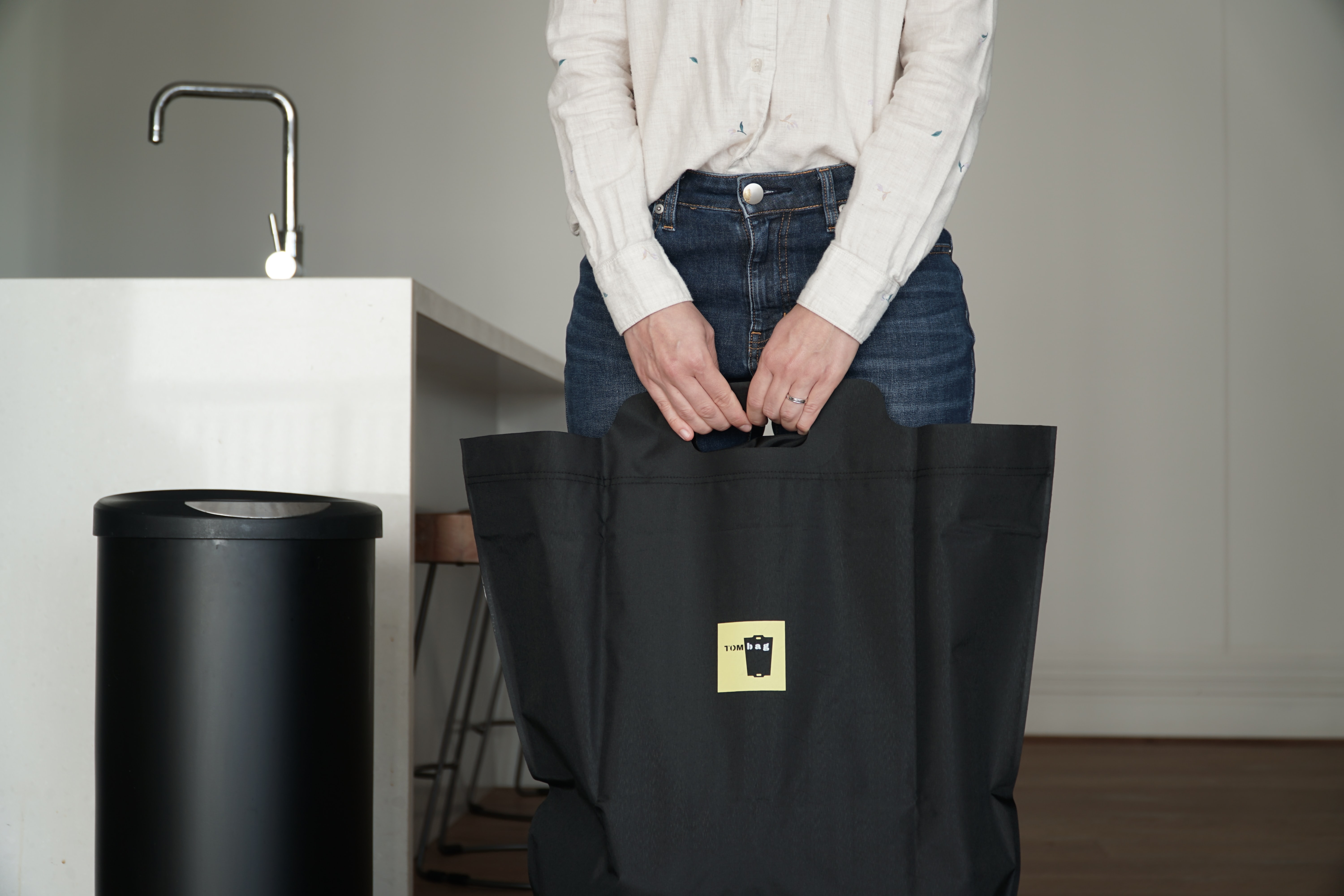
This plays a little on to getting rid of plastic. If you take reusable bags for shopping, you won’t have to bring bags of plastic that stores provide you with at home.
Also, using these bags ensure that you are not increasing the number of unnecessary bags in your kitchen.
-
Purchase in bulk
Whenever you can buy in bulk, go for it. This can help you a lot in minimizing waste in your kitchen. How? Well, when you buy in bulk, you won’t have as much packaging waste as you would typically have.
However, keep in mind when you are buying in bulk, plan it. Because if you go overboard in the buy, you may go back to wasting the food items anyways.
-
Shop from a local market
Yes, I know, buying from a supermarket is all fancy and premium. But at the same time, they come with wasteful packaging or are covered in pesticides. Either way, you don’t want any of these when you are going for a zero-waste kitchen.
That’s why your best bet is to buy from a local market where you can take your reusable bags. Also, they tend to have much fresher items since they don’t come in bulk quantities. And they will probably cost less than a supermarket shopping experience.
-
Try to save water
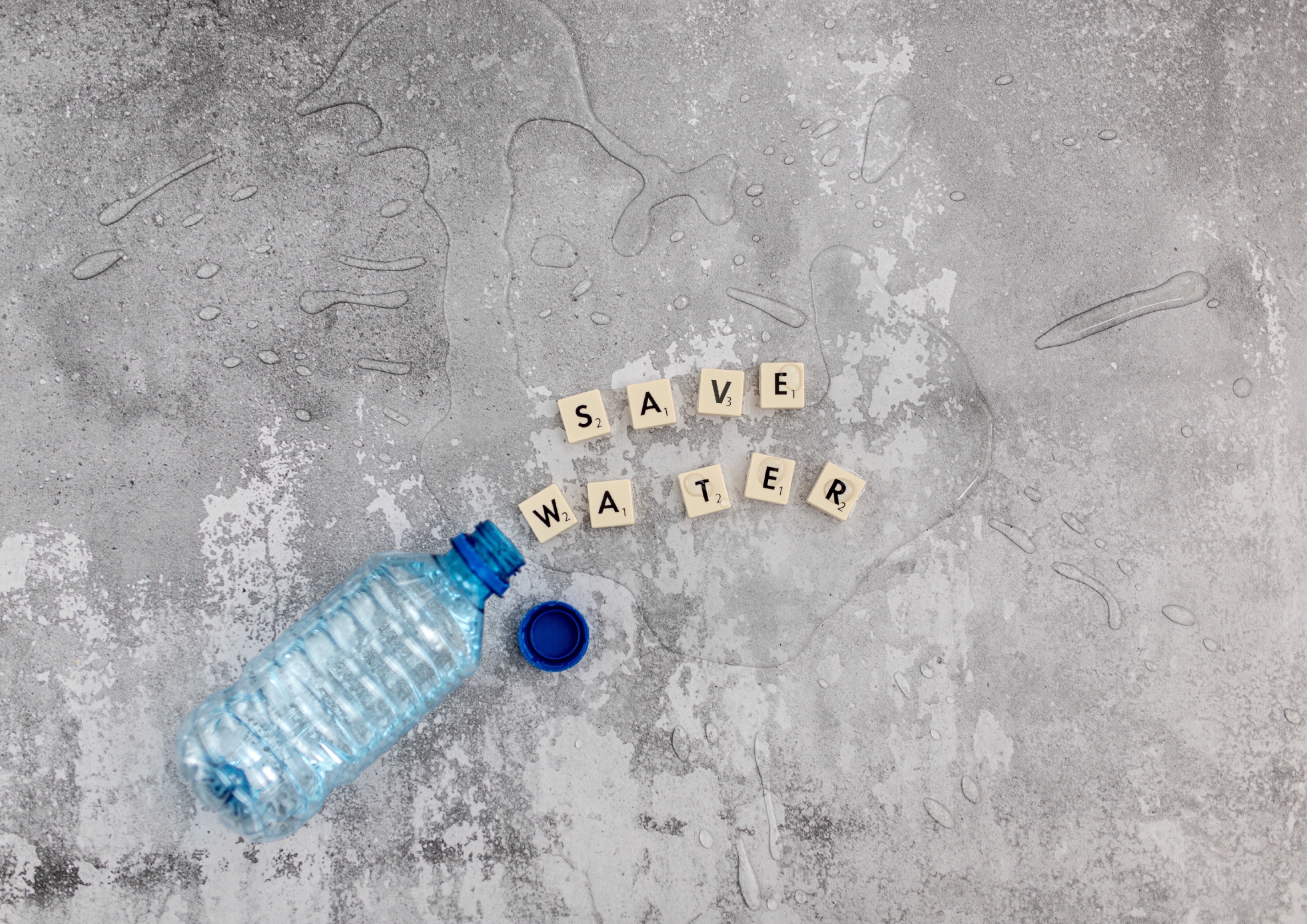
Wastage of water is a pretty common scenario in every kitchen and household. Because we simply don’t realize that at some point or someplace, water is insufficient. So, if you keep wasting it, sooner or later, the world will run out of water. It may not be you, but your future generation may suffer due to this, who knows.
That’s why you are not wasting too much water and consider it a limited resource.
-
Go with reusable items
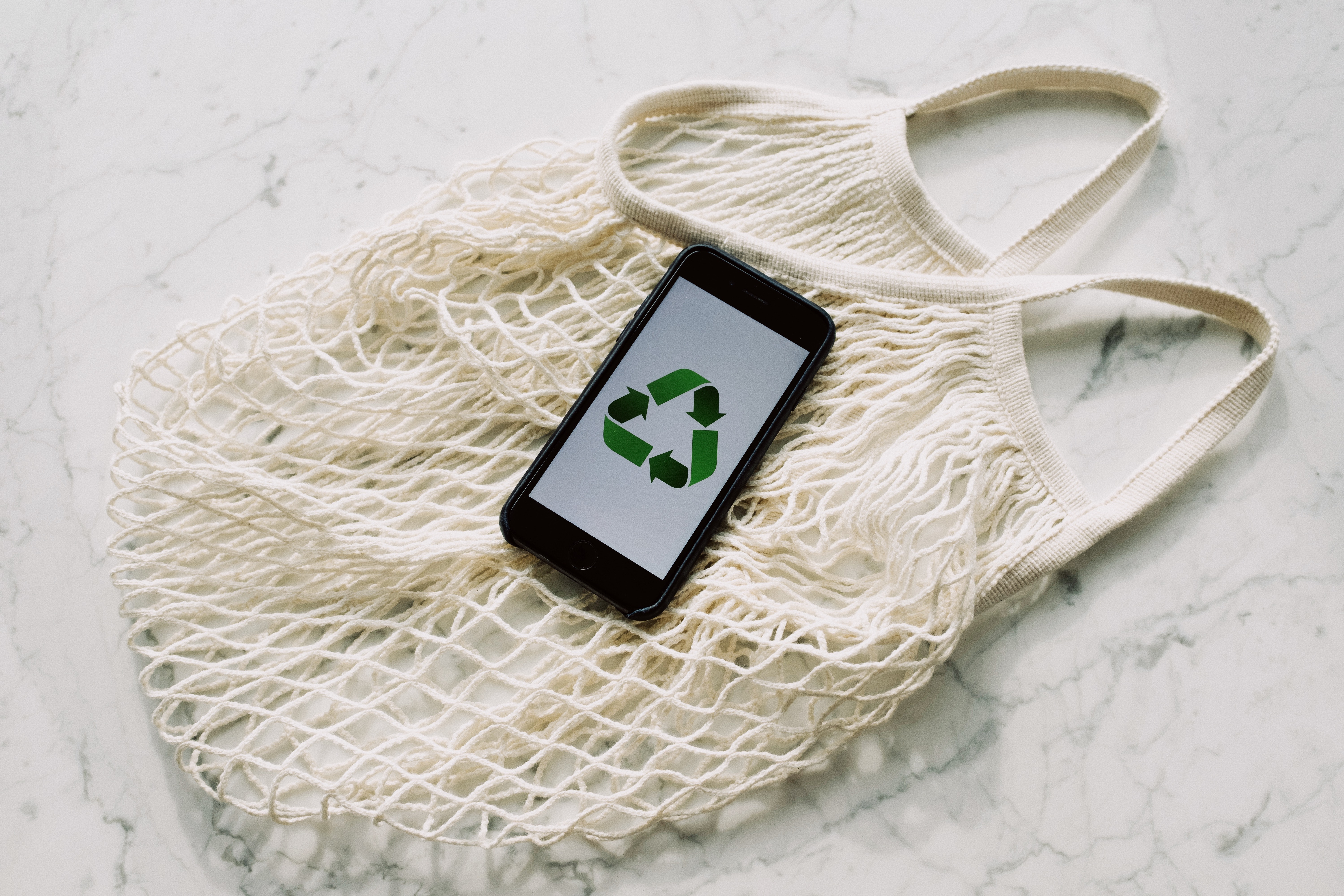
Reusing items is one of the best ways to eliminate waste. I mean, it’s pretty straightforward if you reuse an item, you won’t be throwing it away, and it wouldn’t be a waste.
There are several things you can replace as reusable items. Such as, instead of using plastic bags, use reusable ones. Replace tangible containers with reusable, sustainable containers. Go for a reusable item over a one-time use item whenever you can.
-
Use sustainable cookware
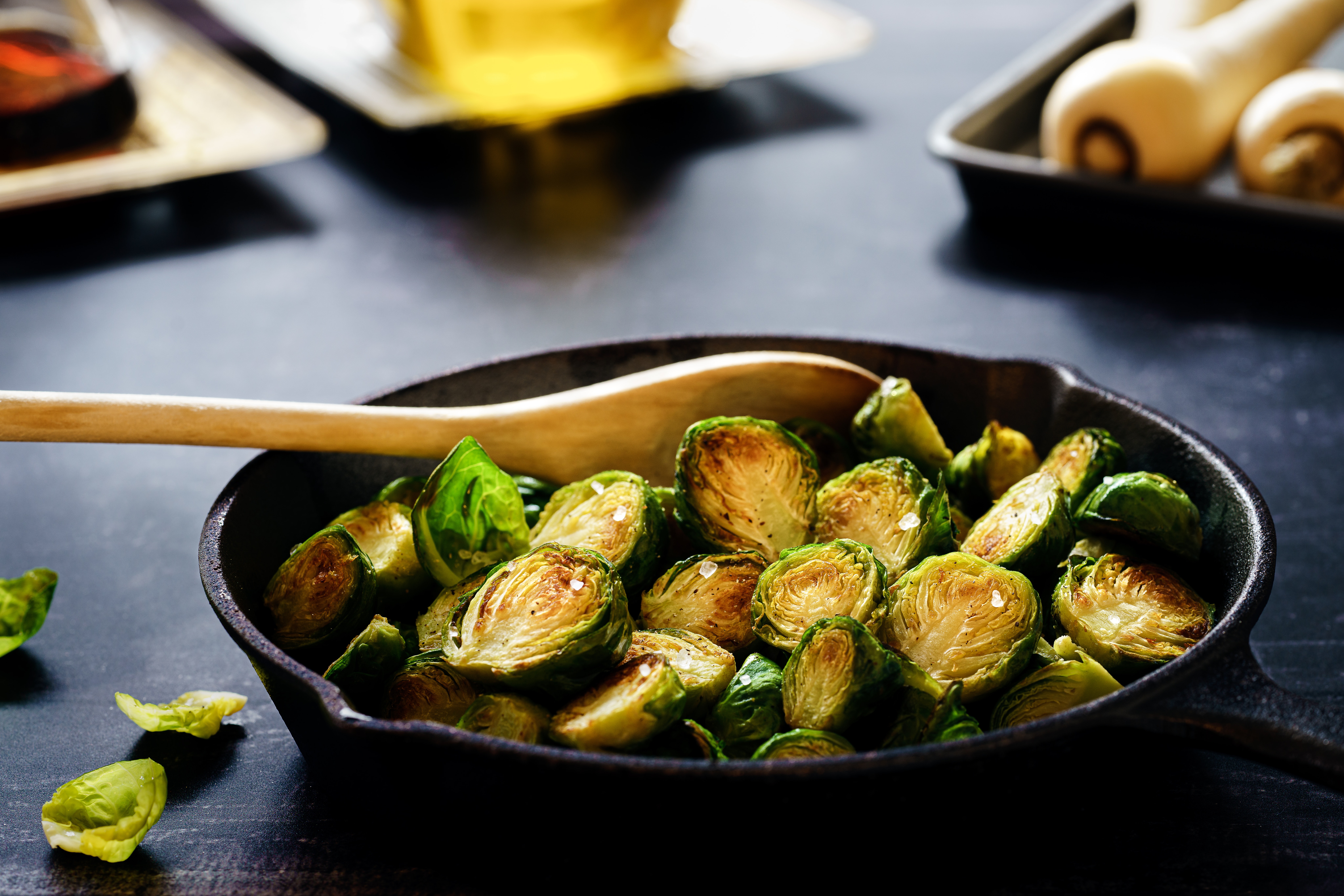
Now, this is a part you will need to be aware of and spend some money to fix the issue. It might not be the case for everyone, though. So, dig into your inventory and check the cookware material.
Is it aluminum, Teflon, or copper? If yes, you will need to replace them with more sustainable materials like stainless steel, titanium, or even uncoated cast iron.
-
Make your cleaning products
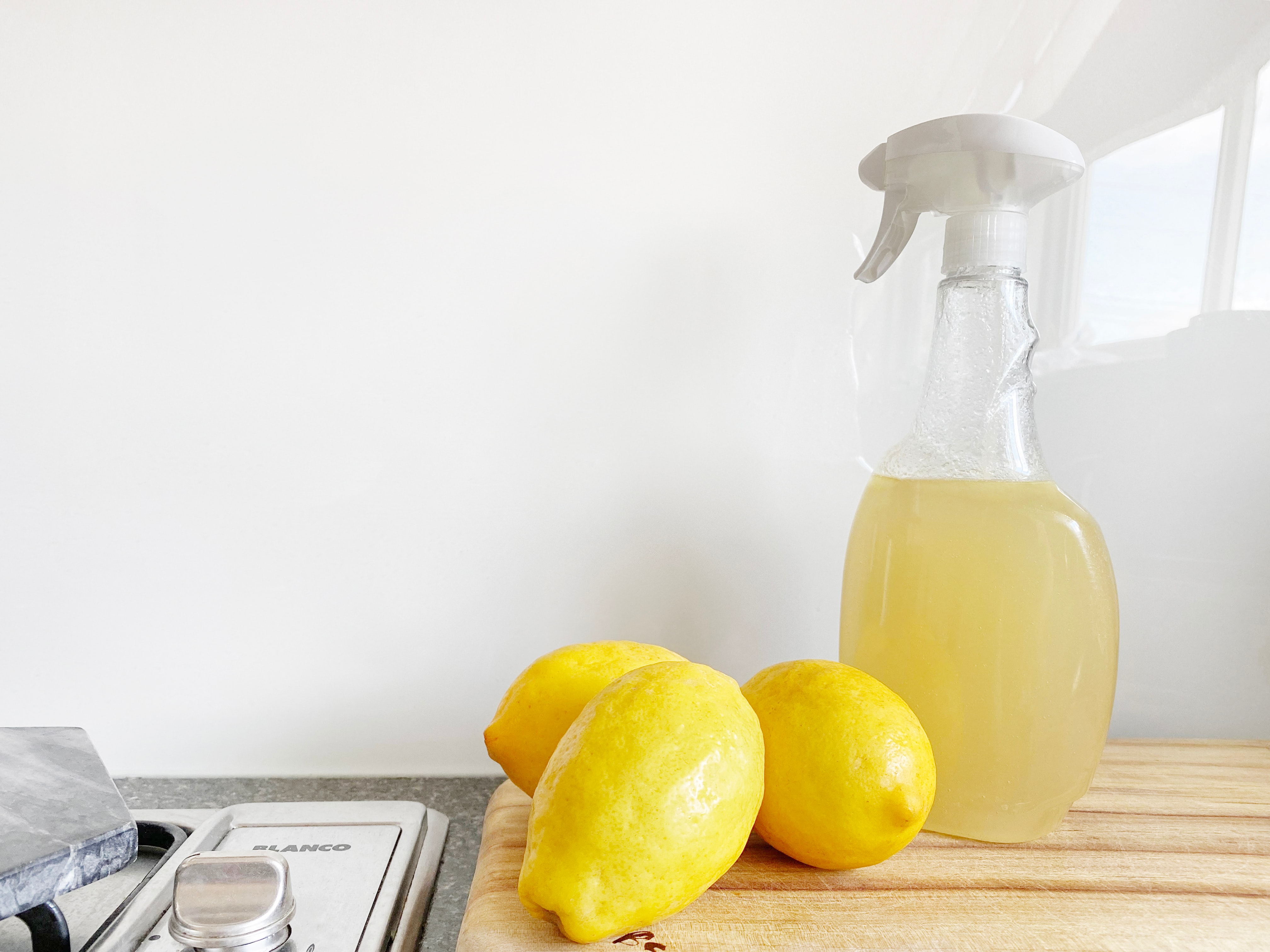
Like I said earlier, the process of zero-waste relies on preserving nature. And most of the cleaning products in the market just come with chemicals that are harmful to you, let alone nature.
So, the best way to do clean things is to make cleaning products yourself. Luckily, with the help of the internet, nothing is too difficult anymore. You can find various ways to make cleaning products that work wonders without harming anyone at all.
-
Grow your own herbs
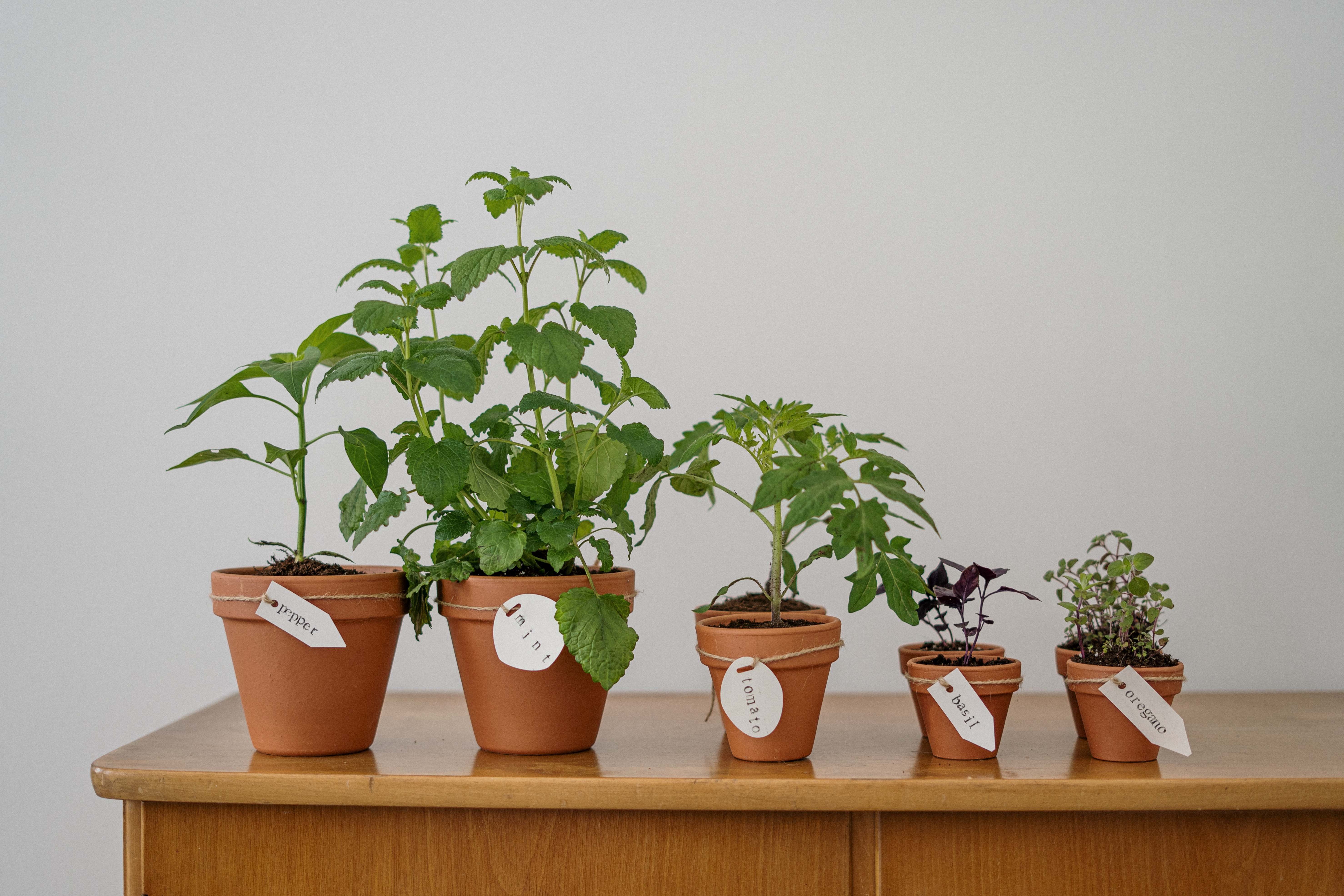
Well, if there is a scope to grow your herbs, then you should go for it. You get access to herbs without ever wondering if they are safe or not. Also, your food will taste much better with freshly taken herbs. And along with all that you get a new hobby.
-
Get creative with leftover food
How many times have you thrown away leftover food? Too many to count, right? You can use your leftover food to create new recipes.
Well, you don’t have to be a professional chef to do that anymore. You will find countless recipes online that use the leftover food as the best, and trust me, they taste delicious as well.
-
Avoid canned and processed food
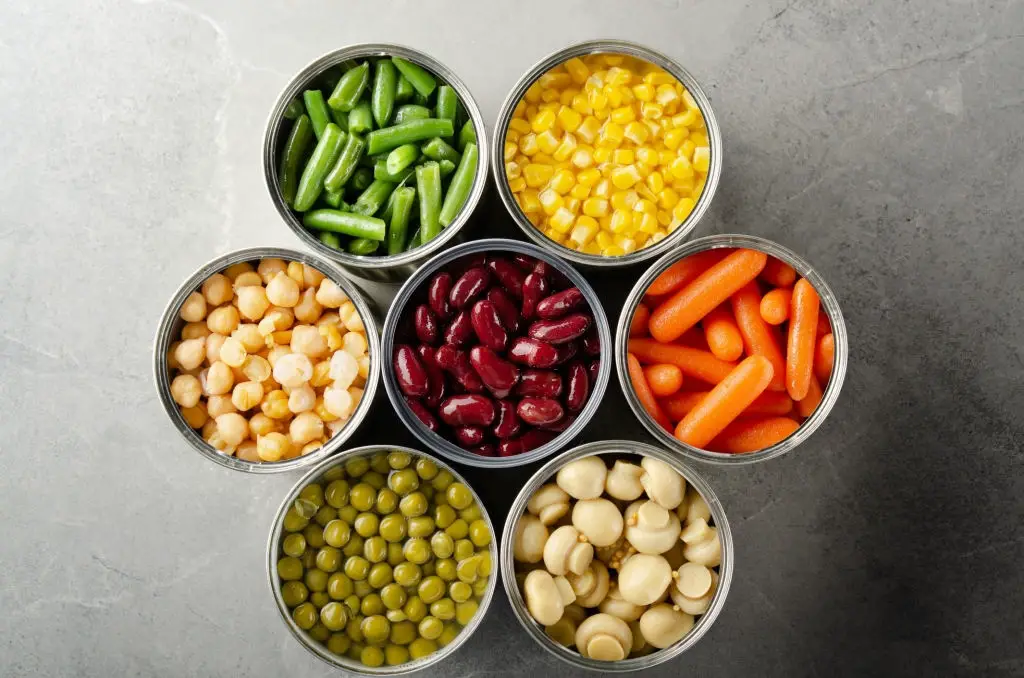
Yes, canned and processed food is a much easier option but are they good? We all know the answer to that hope. So, going with the zero-waste kitchen also involves avoiding all kinds of canned and processed food.
-
Go zero-waste with your caffeine

Okay, I am not going to make you angry by saying, leave caffeine entirely. But I highly suggest going to zero waste with that for sure. How do you do that?
Here’s a clear picture, tea bags; what do you do after making a cup of tea with them? They are a waste. So, there you go. Along with tea bags, you have got takeaway cups and coffee pods as well.
Now to go zero-waste with your tea or coffee, you can opt for loose-leaf tea and buy whole coffee beans. Also, I know it can be tempting, but please don’t order a drink in a takeaway cup whenever you feel like it.
-
Compost your food waste
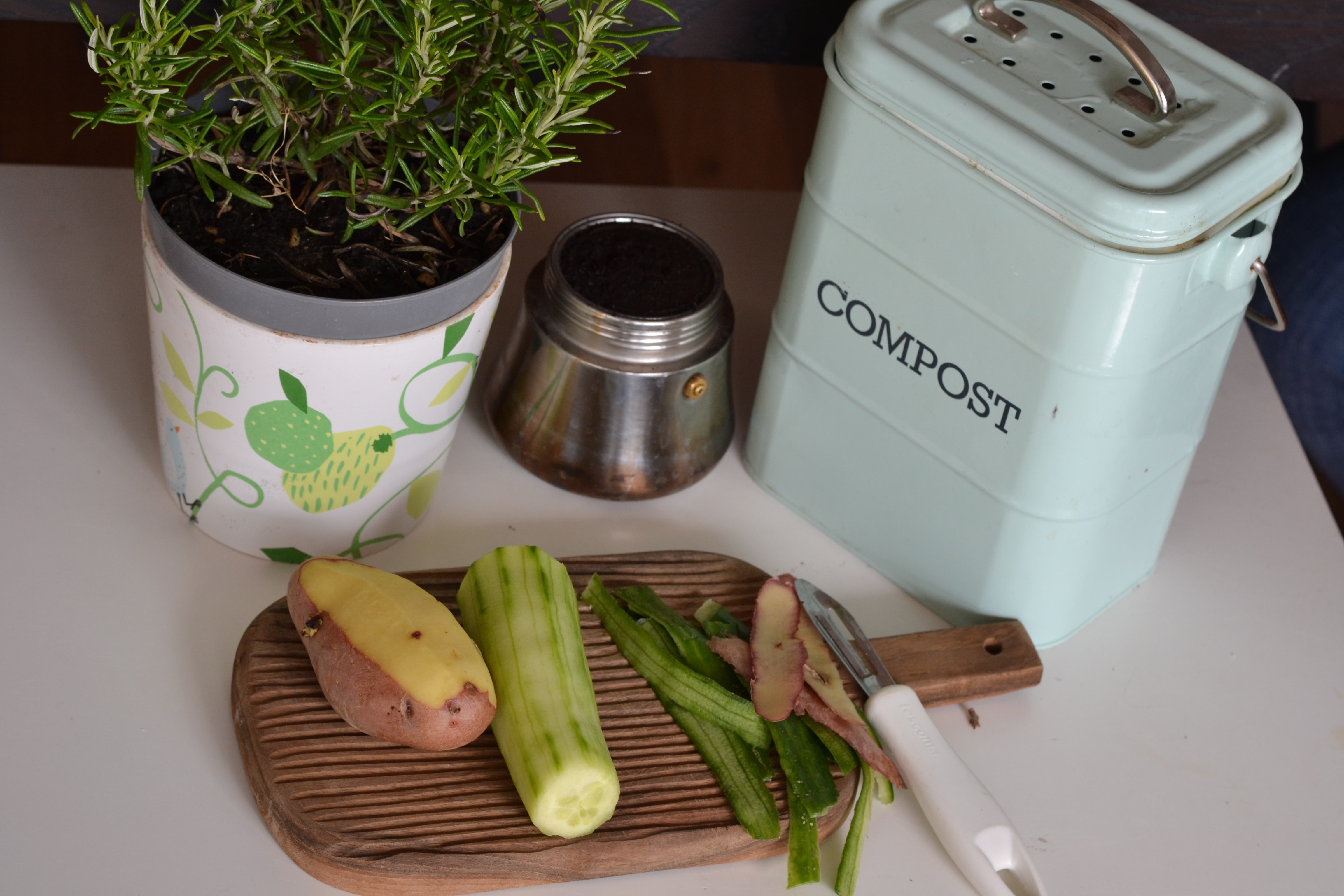
You can’t turn all your leftover food into a new creative recipe. In that case, you can turn them into a composite for your plants.
Here’s an idea, why don’t you make composite out of your leftover food in your herb garden? You can find lots of guides on how you can turn your food waste into compost on the internet.
Are You Ready To Start A Zero-Waste Kitchen?
As you can tell from the methods mentioned above, starting a zero-waste kitchen is all about habits. Well, maybe not all, but most of it is about the habits you have in your kitchen. And changing your habits is not something you can do right away.
Whether you are ready or not, you should start with the mindset right away. Keep reminding yourself that you are creating a zero-waste kitchen for yourself.
Check on all the things you need to do, and start doing them right away. Yes, you will forget one or two things here and there, but if you are diligent, you will surely get there soon enough.
Conclusion
To sum up, it’s essential to sway away from your wasteful habits for a more sustainable kitchen. When you go for a zero-waste kitchen, it’s going to be a bit difficult in the beginning for sure. But when you switch to it completely, all your work will be worth it that much I can assure you.
